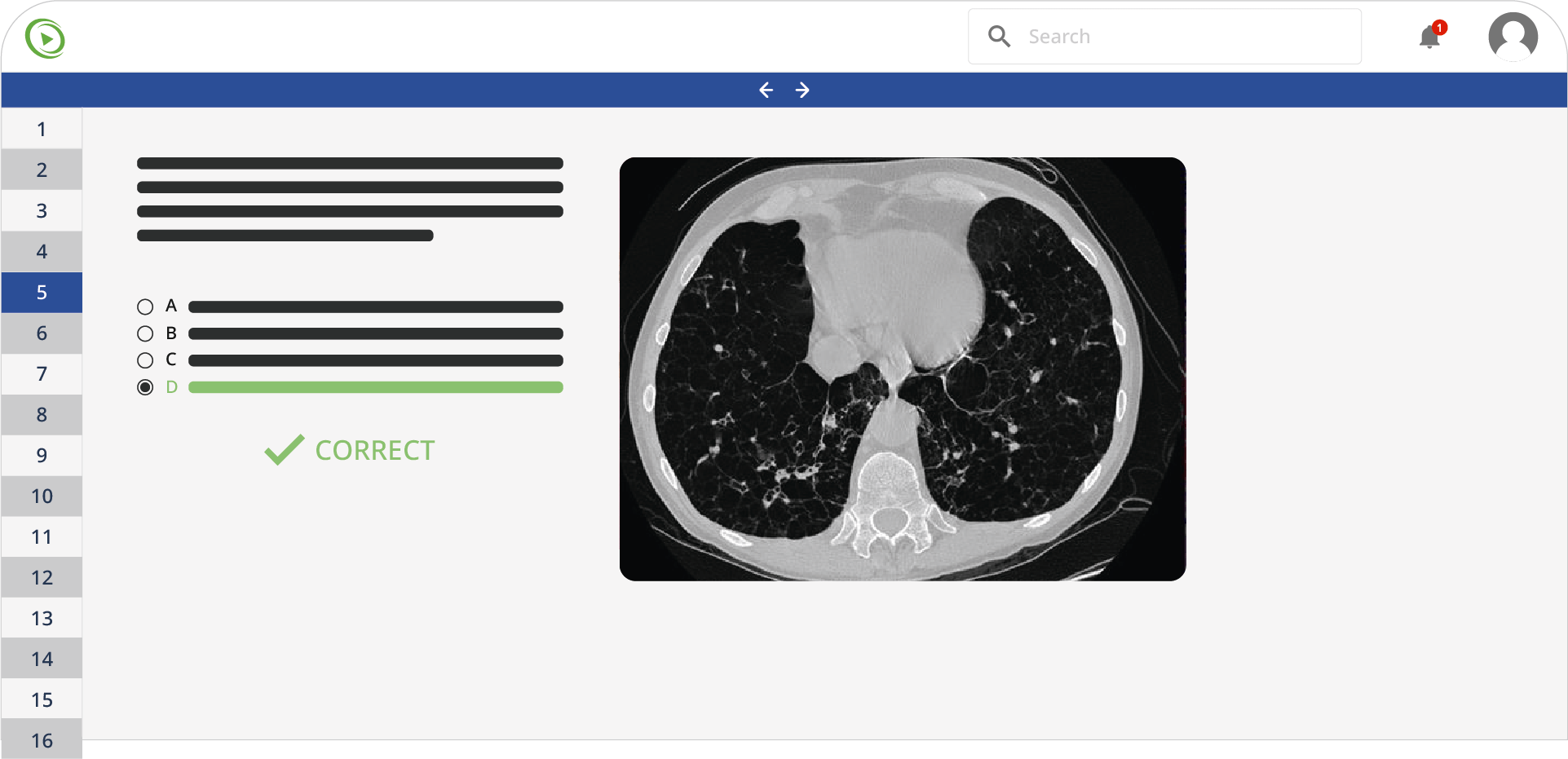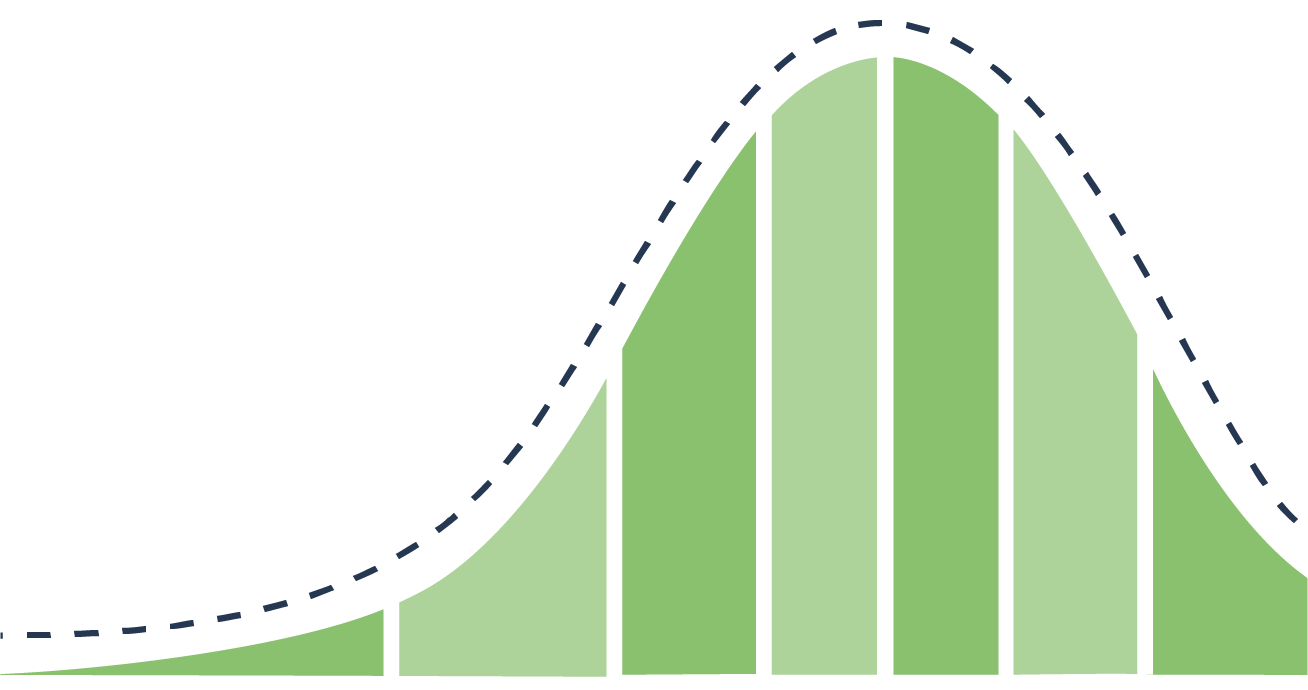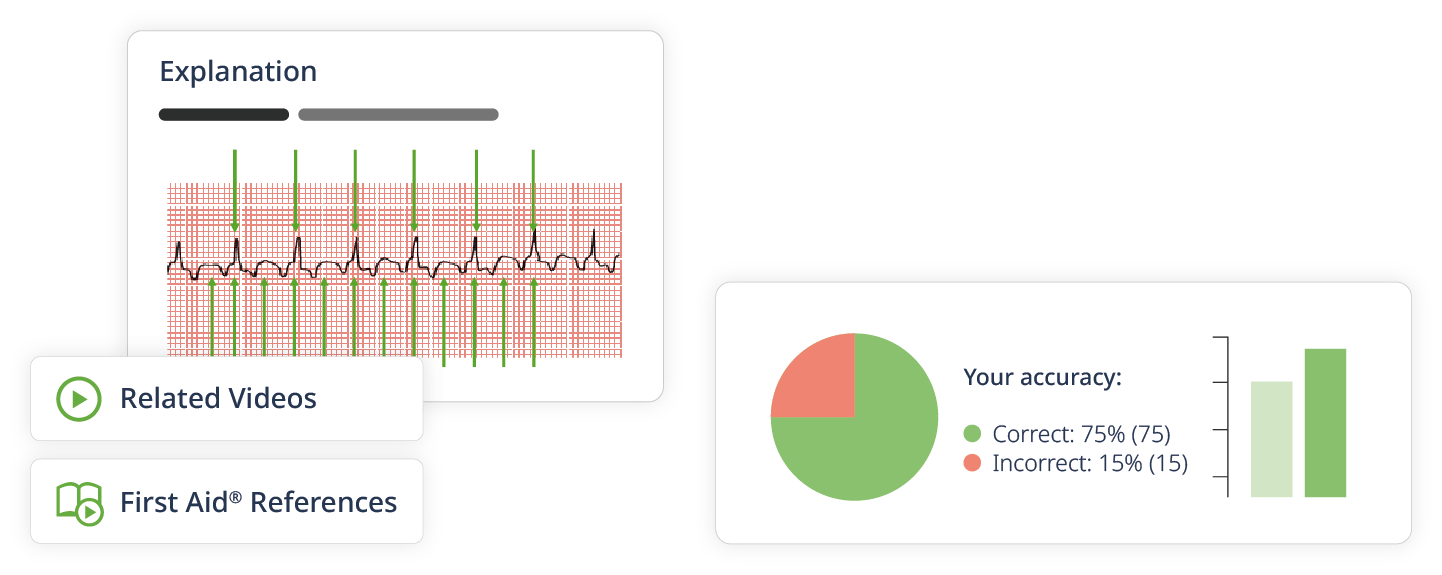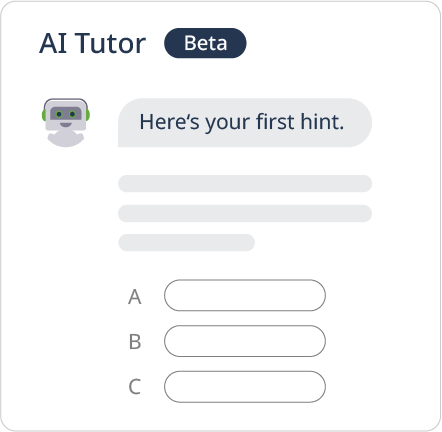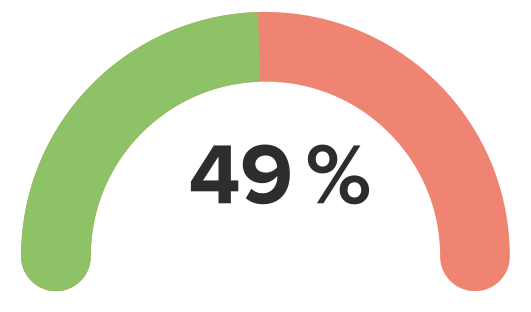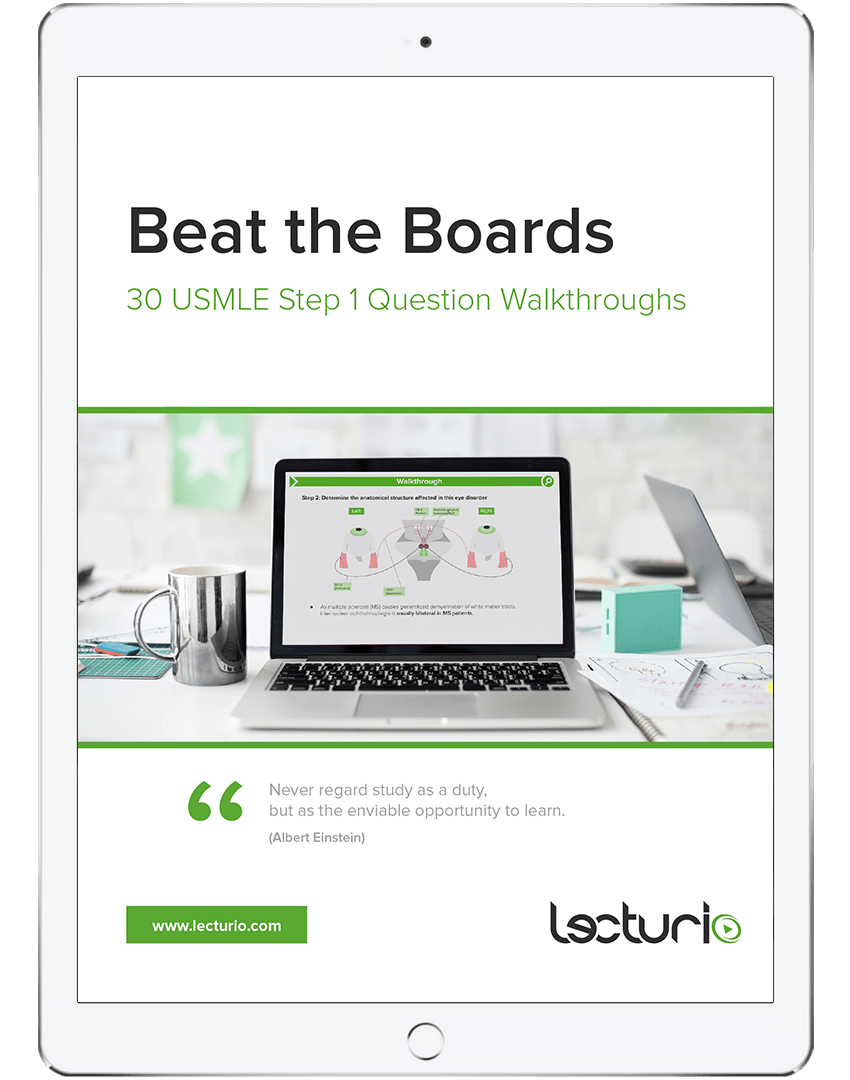A 40-year-old woman presents with complaints of a lack of concentration at work which has lasted for 3 months. She says that she has been working as a personal assistant to a manager of a corporate business company for the last 2 years. Upon asking why she is unable to concentrate, she answers that her colleagues are always gossiping about her during work hours and that this disrupts her concentration severely. Her husband works in the same company and denies these allegations. He says the other employees are busy doing their own work and have only formal conversations, yet the patient is convinced that they are talking about her. He further adds that his wife frequently believes that some advertisements in a newspaper are directed towards her and are published specifically to catch her attention, even though they are routine advertisements. The patient denies any mood disturbances, anxiety, or hallucinations. Her past medical history is significant for a tingling sensation in her legs, 3+ patellar reflexes bilaterally, and absent ankle reflexes bilaterally. She says that she drinks alcohol once to twice a month for social reasons but denies any substance use or smoking. On physical examination, the patient is conscious, alert, and oriented to time, place, and person. A beefy red color of the tongue is noted. No associated cracking, bleeding, or oral lesions are observed. Which of the following laboratory tests would be most helpful to identify this patient’s most likely diagnosis?
A. Serum ethanol level
B. Serum cobalamin level
C. Serum thiamine level
D. Serum thyroxine level
E. Serum folate level
A 24-year-old woman presents with a 3-month history of worsening insomnia and anxiety. She says that she has an important college examination in the next few weeks for which she has to put in many hours of work each day. Despite the urgency of her circumstances, she states that she is unable to focus and concentrate, is anxious, irritable, and has lost interest in almost all activities. She also says that she has trouble falling asleep and wakes up several times during the night. She claims that her current emotional state has severely hampered her productivity and is a major problem for her. She denies hearing voices, abnormal thoughts, or any other psychotic symptoms. The patient asks if there is some form of therapy that can help her sleep better so that she can function more effectively during the day. She claims that she can learn to handle the other symptoms of not enjoying anything, irritability, and anxiety. Which of the following approaches is most likely to address the patients concerns most effectively?
A. Psychotherapy alone
B. Initiation of risperidone
C. Trial of bupropion
D. Dose titration of mirtazapine
E. Phototherapy
A 26-year-old woman presents to the clinic complaining of a headache, runny nose, and malaise. A few minutes into the interview, she mentions that she recently started her teaching job and is glad to work long hours despite the toll it is taking on her health. However, she admits that she is finding it difficult to keep up with the workload. She has numerous pending papers to correct. When advised to seek help from other teachers, she exclaims that it needs to be done in a particular way and only she can do it the right way. This is causing her to perform poorly at work and she is at risk of being asked to quit her very first job. Which of the following is the most likely diagnosis in this patient?
A. Ego-syntonic obsessive-compulsive personality disorder
B. Ego-dystonic obsessive-compulsive personality disorder
C. Ego-syntonic obsessive-compulsive disorder
D. Ego-dystonic obsessive-compulsive disorder
E. Personality disorder not otherwise specified
A 9-year-old boy is brought to a psychologist by his mother because his teachers frequently complain about his behavioral problems at school. The patient’s mother reports that these problems started at a young age. She says he is disrespectful to family members and to his teachers at school. He also talks back to everyone. Grounding him and limiting his freedom have not improved his behavior. His grades have never been very good, and he is quite isolated at school. After a further review of the patient’s medical history and a thorough physical examination, the physician confirms the diagnosis of oppositional defiant disorder. Which of the following additional symptoms would most likely be present in this patient?
A. History of deliberately damaging furniture
B. Blaming others for his own misbehavior
C. Staying out of home at nights despite restrictions
D. Fights at school
E. Frequently leaving his seat during class despite instructions by the teacher
A 72-year-old man is brought in by his daughter who is concerned about his recent memory impairment. The patient’s daughter says she has noticed impairment in his memory and functioning for the past month. She says that he has forgotten to pay bills and go shopping and, as a result, the electricity was cut off because of non-payment. She also says that last week, he turned the stove on and forgot about it, resulting in a kitchen fire. The patient has lived by himself since his wife died last year. He fondly recalls living with his wife and how much he misses her. He admits that he feels ‘down’ most days of the week living on his own and doesn’t have much energy. When asked about the kitchen fire and problems with the electricity, he gets defensive and angry. At the patient’s last routine check-up 3 months ago, he was healthy with no medical problems. His vital signs are within normal limits. On physical examination, the patient appears to have a flat affect. Which of the following is the most likely diagnosis in this patient?
A. Pseudodementia
B. Dementia
C. Delirium
D. Both dementia and delirium
E. Pick’s disease
A 53-year-old man is brought into the emergency department by an ambulance. He was found stumbling in the street. He smells of alcohol and has difficulty answering any questions or giving any history about recent events. He is diagnosed with acute ethanol intoxication. After a night of IV fluid and sleep, he recovers and becomes talkative. He describes an outlandish history of himself as a war hero, movie star, and famous professor. On physical examination, the patient is malnourished, thin, disheveled, and mildly agitated. Temporal wasting and conjunctival pallor are noted. Which of the following symptoms in this patient would not improve with aggressive therapy that includes thiamine?
A. Anterograde amnesia
B. Ataxia
C. Ophthalmoplegia
D. Confusion
E. Delirium tremens
A 30-year-old man presents to his primary care provider complaining of drowsiness at work for the past several months. He finds his work as a computer programmer rewarding and looks forward to coming to the office every day. However, he often falls asleep during meetings although he usually gets a good night’s sleep and has limited his exposure to alcohol and caffeine in the evening. He has tried scheduling short naps throughout the day, but this has not been helpful at preventing him from falling asleep during the meetings. His past medical history is noncontributory. His vital signs are within normal limits. A physical examination is unremarkable. The primary care provider recommends keeping a sleep journal and provides a questionnaire for the patient’s wife. The patient returns 1 month later to report that there have been no changes to his condition. The sleep journal reveals that the patient is getting sufficient sleep and wakes up rested. The questionnaire reveals that the patient does not snore and does not stop breathing during his sleep. A sleep study reveals a mean sleep latency of 6 minutes. Which of the following is the best course of treatment for this patient’s condition?
A. Methylphenidate
B. Sodium oxybate
C. Imipramine
D. Increase daytime naps
E. Changing career
A 52-year-old man presents with a 1-month history of a depressed mood. He says that he has been “feeling low” on most days of the week. He also says he has been having difficulty sleeping, feelings of being worthless, difficulty performing at work, and decreased interest in reading books (his hobby). He has no significant past medical history. The patient denies any history of smoking, alcohol use, or recreational drug use. A review of systems is significant for a 7% unintentional weight gain over the past month. The patient is afebrile and his vital signs are within normal limits. A physical examination is unremarkable. The patient is prescribed sertraline 50 mg daily. On follow-up 4 weeks later, the patient says he is slightly improved but is still not feeling 100%. Which of the following is the best next step in the management of this patient?
A. Add buspirone
B. Add aripiprazole
C. Switch to a different SSRI
D. Switch to an MAOI
E. Continue sertraline
An 8-year-old boy is brought in by his mother who is concerned about her child’s behavior. She says his teachers have complained about him bullying other students at school, starting fights, and stealing other children’s lunch money. She also says that a neighbor down the street called her 6 months ago and reported that the patient had entered her yard and started viciously kicking her dog. He has no significant past medical history. He is in the 90th percentile for height and weight and has been meeting all developmental milestones. The patient is afebrile, and his vital signs are within normal limits. Which of the following adult personality disorders does this patient’s diagnosis most closely associate with?
A. Avoidant personality disorder
B. Paranoid personality disorder
C. Antisocial personality disorder
D. Schizoid personality disorder
E. Schizotypal personality disorder
A 3-year-old boy is brought in by his mother because she is concerned that he has been “acting differently recently”. She says he no longer seems interested in playing with his friends from preschool, and she has noticed that he has stopped making eye contact with others. In addition, she says he flaps his hands when excited or angry and only seems to enjoy playing with objects that he can place in rows or rigid patterns. Despite these behaviors, he is meeting his language goals for his age (single word use). The patient has no significant past medical history. He is at the 90th percentile for height and weight for his age. He is afebrile and his vital signs are within normal limits. A physical examination is unremarkable. Which of the following is the most likely diagnosis in this patient?
A. Autism spectrum disorder
B. Asperger’s disorder
C. Rett’s disorder
D. Pervasive developmental disorder, not otherwise specified
E. Childhood disintegrative disorder
Do you want to practice more Psychiatry questions?
Create a free Lecturio account and you’ll have access to the Lecturio question bank with more than 1,200 USMLE Step 2 CK practice questions.
